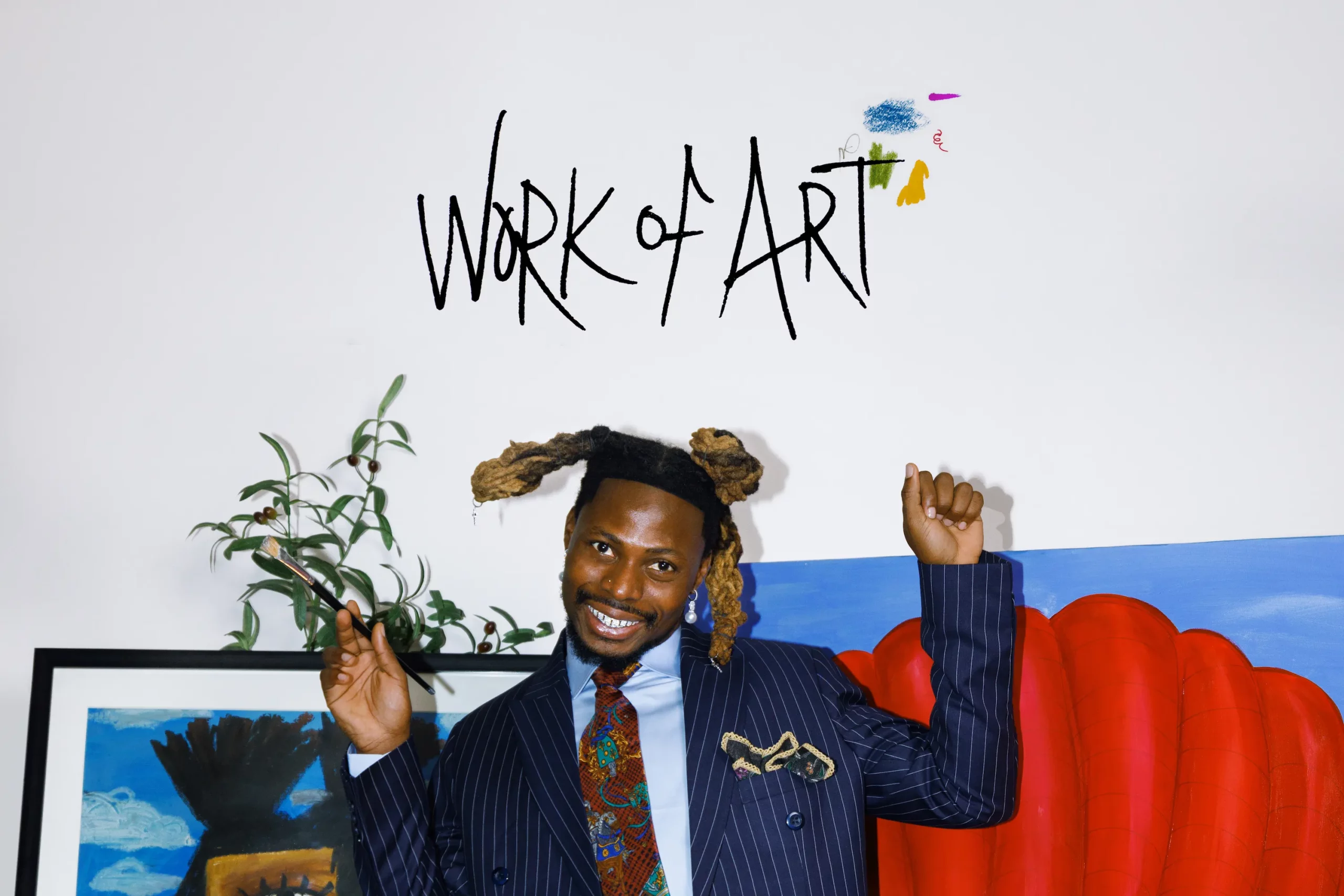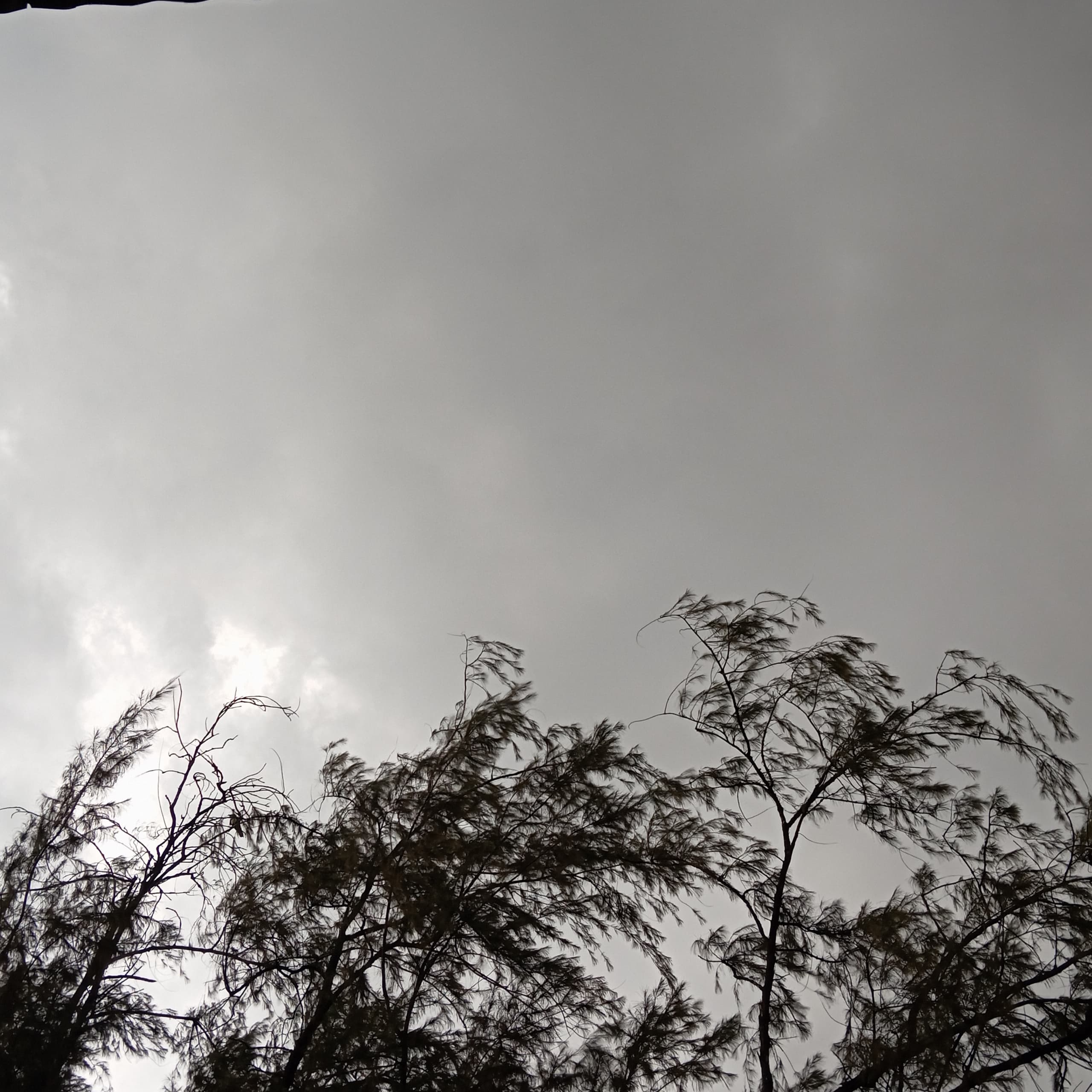NIGERIAN MUSIC: BEST OF JUNE 2023 1.0

WORK OF ART: An Artistic Blend of Traditional and Contemporary Music
Time and time again, Asake has swept away the doubts in people’s mind via his craft. The record-breaking singer-songwriter has mastered the art of making people chant along to his songs; weeks and even months after new releases, all the while being subjected to criticism of his music as that which might not stand the test of time. Will we let time be the absolute judge? Sure. But here is what we think of his June 2023 sophomore LP, Work of Art.
Work of Art is a brilliant project that encapsulates the hybrid of traditional and contemporary music. Even while carving a unique niche in Afrobeats, Asake’s music reflects a constant search for innovation that would be considered somewhat audacious by the average Nigerian music consumer. The 14-track album opens with Olorun, a solemn chant of praise to the supreme being in his native language; Yoruba. On the very first verse, Asake takes listeners on a journey through his ordeals in 2020 and how he kept pushing till he recorded Omo Ope featuring a verse from Olamide that moved him to tears upon first listen. He also acknowledged speaking to God to put him through as he rode onto fame. Track 2, Awodi began with a soothing ten seconds of saxophone voodoo followed by the famous Magicsticks tag ‘tune into the king of sounds and blues.’ Here, Asake emphasizes his continuity and greatness using Yoruba idioms while also addressing ‘haters’ and imitators of his style; a timely retort considering the number of songs by other artists which shamelessly emulate his signature Amapiano-infused brand of Afro-fusion. Talk about influence!
Regardless, the distinction in his sound can be seen in his perfect use of choral harmonies, strings and wind instruments. He further embellished his standing and reputation in the industry on 2:30; eulogizing himself as one with an innate music talent and declaring that many that try to be like him would fall through. Ironically, just like in the first verse, verse 2 of the record started with a subtle disclaimer (Eré mo bá wá, kò síjà) that he just wants to have fun, and was not boasting despite ending with yet another description of his wealth and style; Still get money like 50 (Cent), dripping like Fiji, I be real deal. And even though the ride to such levels of stardom can be engrossing, the Sungba crooner is not oblivious to the struggles of the average Nigerian; assuring them of the certainty of “a better morning after a long teary, exhaustive night” on Sunshine. He also leaves bits of advice in the chorus for all who care to listen.
On Mogbe, Mr. Money -a nickname gotten from his 2020 single of the same name- takes off his ‘hard guy’ act and tries hard to satisfy Olufunmi, his woman, without allowing his insecurity, superstar lifestyle and addictions come in between them. He confessed his vulnerability on a Magicsticks beat in a manner different from the R&B-adjacent style of industry loverboys like Joeboy, Johnny Drille, Chike and co.
Asake regains his braggadocio bag on Basquiat; terming himself a work of art and walking poetry. He asserts that his music would move from generation to generation. On this track, Asake goes all out on self-appraisal; pausing only to acknowledge the desperation shown by many in monitoring his life. On the song’s outro, he likens himself to infamous Mexican drug boss, El Chapo and the legendary Commander Ebenezer Obey, and he is unapologetic about it to any who refuse to admit his greatness. The song does very little in terms of honoring the late Jean-Michel Basquiat, an American artist who revolutionized the art world despite dying at the early age of 25.

On Amapiano, Asake combines with label boss, Olamide, for an exchange of rap verses layered over a simple snare and log drums. The track contributes little to the discourse on the growth of the South African genre in the Nigerian music scene and its growth in Africa as a continent. That said, this doesn’t invalidate Asake’s innovativeness; mainly because of the unique incorporation of the sound in his Juju-driven version of Afro-fusion. And even on records where he deviates from his typical OT-filled verses, his melodic choruses and verses still shine through.
There’s this feeling of nostalgia-laced solemnity evoked on What’s Up My G which is accompanied by crowd vocals on the chorus and post-chorus; a trait that was prevalent on his debut LP, 2022’s Mr. Money With the Vibe. You can also pick up on the Amapiano sound – executed with strings- as he inflects rhythmically. On I Believe, Asake re-echoes his greatness and calls attention to his steady and still rising dominance. He also acknowledges the ‘landlord’ tag he’s acquired as a result of his songs constantly topping DSP charts; even the surprise drops.
To give listeners the total experience of enjoying both his Work of Art, and himself, a work of art, Asake gives a re-Introduction to his person on the 10th track. Remember is him wanting a woman to please sexually, financially, and materially. For what it’s worth, he reannounces himself as Mr. Money. Unlike on his first album, he admitted to wanting love on multiple tracks while, of course, stating that he has the cheddar to fund the lifestyle. Lonely At The Top is a multi-lingual ballad (English, Yoruba, and Pidgin) of beautiful harmonies sung with the passion of one who has indeed reached the summit; a solid 8/10 production with string instruments doing wonders to the overall melody. Ololade Mi is at the summit, a lonely, daunting spot, and he is there to enjoy it as long as possible.

On Great Guy, Asake credits his unique and amazing lifestyle once again; a running theme on this album. He doesn’t fail to hint at the grandness of his wealth in his rhymes which reference a collection of designers, his favorite brands, and the creme de la creme of European cities. Great Guy concludes with a segue into Yoga (the lead single for the project). Solemn chants of ‘Bien maleve, bien maleve pou toi mo zene fam…’ transporting the listener to the world of Mauritian singer, Michel Legris, whose song, Mo Capitaine was sampled. The album’s outro, Yoga, is an expression of the artist in his meditative state; his silken voice underscoring the importance of ataraxia even amidst distress. Its release as the lead single had come as a surprise to fans who claimed that it deviated from the normal Asake. However, with cuts like Ototo, Nzaza, and Reason (feat. Russ) from Mr. Money With the Vibe, it’s not so hard to see why this is still ‘normal’ Asake. It’s a plea; for peace despite the attention and what nots that comes with stardom.
Unlike MMWTV that was solely produced by Magicsticks, Asake brought on board; Blaise beats, P.Priime, and Anoop d’souza to work with Magicsticks in creating a literal work of art. With the success of his second album, it is evident that Asake is on his way to an even greater peak and will not come down anytime soon. Even better, he’s not waiting for the world to acknowledge this on his behalf; he knows it, and that’s enough for him.
Peter Adeyemo.
Eriomala John.




I had always thought of writing this album review myself but in reading this, it would very likely be a regurgitation of this masterpiece.
Well done, Peter and John!